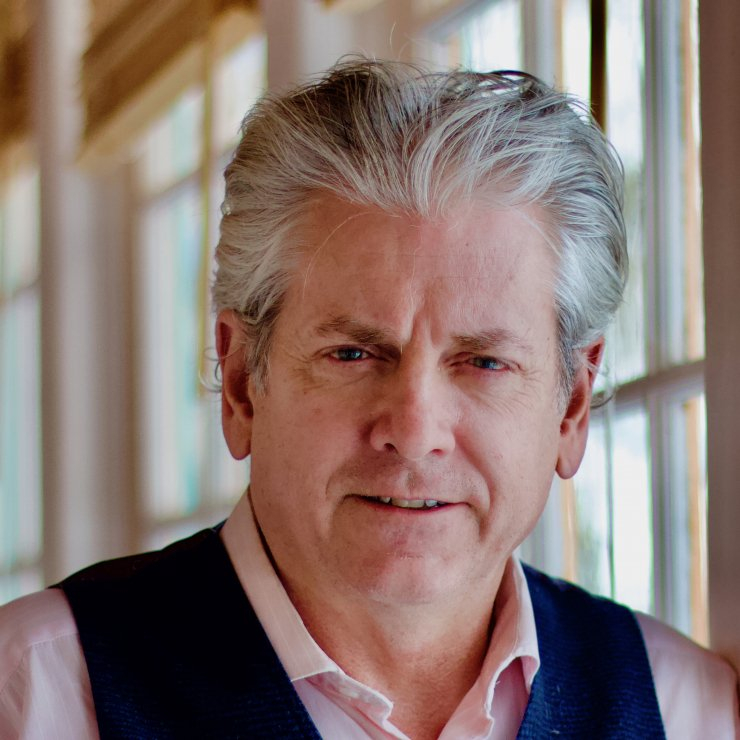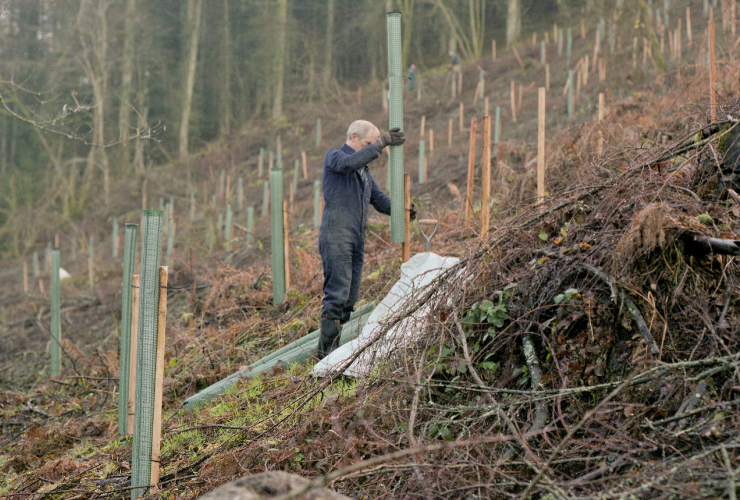The prime minister made a number of impressive announcements at COP26, but there was one crucial element missing — his pitch to blue-collar workers. I appreciate his promise to lower methane emissions and impose a cap on oil and gas. But let’s face it, Canada has a long and dismal record of broken promises on climate action. This is why a firm commitment to workers would send a clear signal that the government is done with symbolic gestures and is ready to get down to the business of transitioning our economy.
Let’s compare Joe Biden’s pitch at COP26. While Justin Trudeau played for the international audience, Biden promised a new deal for the American worker. And he wasn’t just talking about jobs in the abstract. “Climate change is about jobs,” he said boldly. “Good-paying union jobs.” Biden’s labour-focused climate pledge is part of his audacious $1-trillion budget to reposition the American economy to meet 21st-century realities.
Compare the Biden offer with the climate commitments that have defined the Trudeau years. Having spent $12 billion purchasing the TMX pipeline, Trudeau promised to offset the gases by planting two billion trees. We are still waiting on that promise.
Post Paris, Trudeau embraced the obvious inconsistency of promoting expansion in oil and gas by claiming the augmented royalties were necessary to pay for a transition that someday will make it possible to lower emissions.
But coming into COP26, the Liberal government faced increased pressure on two key fronts — climatic and economic. The science of the Intergovernmental Panel on Climate Change (IPCC) tells us that a narrow window remains for action in avoiding the catastrophic potential of crossing the threshold of a 1.5 C increase in global temperatures. A promise to punt action down the road simply isn’t going to cut it.
And since Paris, the world’s major investment houses like BlackRock have signalled their intention to pull out of Canada’s oilpatch. Alberta Premier Jason Kenney has attempted to portray this as some kind of woke conspiracy, but the reality is the markets are moving to renewables and leaving Canada behind.
A recent report by the International Energy Agency states that, given the dramatic drop in the price of renewables, the case for new oil and gas investments in Canada has evaporated.
So ready or not, the transition is coming. The choice facing Canada is whether this transition will be a hard one — forced on us by economic and climate factors — or whether it will be a planned transition to a more sustainable economy.
This is where bold leadership is required. To reorient the economy to a truly low-carbon future will require billions in investments. RBC has pegged the cost at $60 billion a year. If the government gave a confident pitch for jobs, it would reassure nervous Canadians that there actually is a doable plan and that investments will be focused on maximizing opportunities. But more than simply reassuring worried energy workers, this would signal a willingness to utilize their skills and knowledge.
No locations in the world have greater potential for a renewable energy economy than Alberta and Saskatchewan. There is no nation on the planet with more expertise or natural resource wealth to make this happen.
When I was in Alberta, I met with energy workers who are already retraining and planning for the renewable energy future. They were blunt, “We’re doing our part, so where is the government?”
Imagine if the prime minister made a direct pitch to vulnerable workers promising that wages will be secure over the next five years, retraining will be offered, and investments made in sectors that can utilize their skills. We know there is a huge potential in geothermal and the skills of Canada’s oil drillers can be used to tap this resource. Let them get to it.
Canadian workers built Canada’s 20th-century energy economy. Canadian workers and their skills will be vital to ensuring Canada has a place in a sustainable low-carbon world. Without the blue-collar, there is no green future for any of us.






Comments